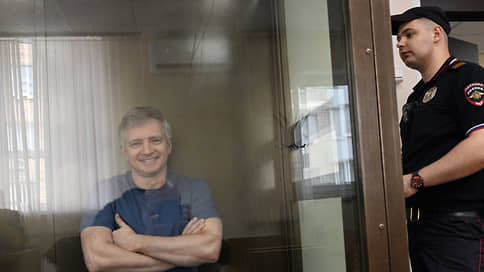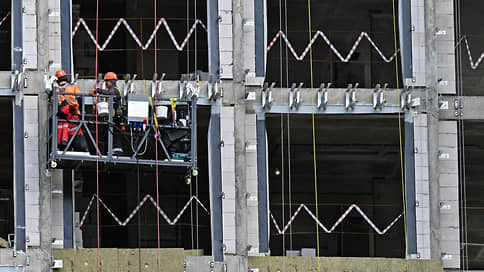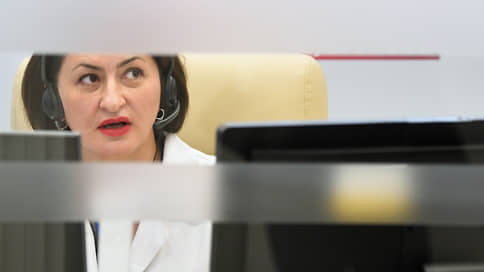Taxi drivers proposed accepting a state station for taxi car manufacturers

Taxi drivers, forced to transfer to localized cars since March 2026, are achieved by the adoption of the standard for automakers, in support of which the appropriate law was adopted. In his absence, car manufacturers can act on the principle of “buy that they give,” carriers say.
“Kommersant” got acquainted with the letters of the Chairman of the Public Council for the Development of Taxi Irina Zaripova, sent on June 16, 2025, the head of the Ministry of Industry and Trade to Anton Alikhanova, Speaker of the State Duma Vyacheslav Volodin and the Chairman of the Federation Council Valentina Matvienko, on the proposal to accept the state station for car manufacturers involved in passenger passenger cars transportation. Among the basic requirements for such vehicles are a engine with a capacity of 100-150 horsepower, fuel consumption of 5-7 liters per 100 km, the ability to work without overhaul at least 300 thousand km, front -wheel drive and automatic transmission, factory guarantee for at least three years. At the same time, the cost in the basic configuration should not exceed 1–1.5 million rubles. In the devices of the State Duma, the Council and the Ministry of Industry and Trade, they did not respond to the request of Kommersant.
In May of this year, the State Duma in the second and third readings adopted a law on the establishment of requirements for the level of localization of cars involved in a taxi (See “Kommersant” from May 14), and the Council of Council approved this document. From March 1, 2026, to include a car in the taxi register, the number of localization points should correspond to the norm set for public procurement (now 3200 points), or the car must be made as part of the special west contract (SPIC), concluded from March 1, 2022 to March 1, 2025. It is also possible to admit a car released on a later SPIC, but this will require a separate government decision. In her letter, Irina Zaripova proposes to accrue additional localization points when the car was proposed to the proposed state standard.
The law on taxi localization does not contain requirements for cars, so they are obliged to appear in the by -laws of the Ministry of Industry and Trade, says Stanislav Schwagerus, head of the Center for Competencies of the International Eurasian Forum. Without these requirements, there is a risk that automakers will not take into account the market requirements, but to produce cars only from their economic interests, they are afraid of the Maxim taxi service.
Now the market participants have no legal grounds to demand from auto manufacturers to comply with the specifications that a modern taxi car must comply with, the Maxim taxi is noted.
Industry standards would not allow automakers to act on the principle of “buy that they give,” the representative of the aggregator believes.
As for pricing, it is quite realistic to reach the prices for localized cars, but subject to the increase in the amount of release, the founder of the engineering and design bureau Kuzin Machinery (fulfills orders of Russian car manufacturers) Maxim Kuzin. The Maxim taxi service believes that decisions will be required at the government level, since now there are no such price offers, the cost of cars in Russia is not market, but administratively high through taxes, duties and recycling fees. The economic expediency of the economy class sedan released in the Russian Federation is possible only with the cost of a car not higher than 1 million rubles. With VAT, says Natalia Lozinskaya, Executive Director of the National Taxi Council. Now the price of Russian cars exceeds the threshold indicated by carriers, so subsidies are needed, it adds. If the state plans to introduce the standard, then it will be logical to expect that it will follow practical support measures in the form of subsidies, subsidies, investment programs, Mr. Kuzin agrees.
In turn, in AvtoVAZ they told Kommersant that they are in a direct dialogue with representatives of the taxi industry and are already developing profitable proposals for them. At the same time, the company counts on dialogue in both directions. For example, in the taxi segment there was an idea to create a platform to discuss the application of a taxi law within the framework of the RSPP (See “Kommersant” from June 5). In AvtoVAZ, it is believed that the whole range of the problems of the industry should be discussed there, including increasing the transparency of tariffs for services.







